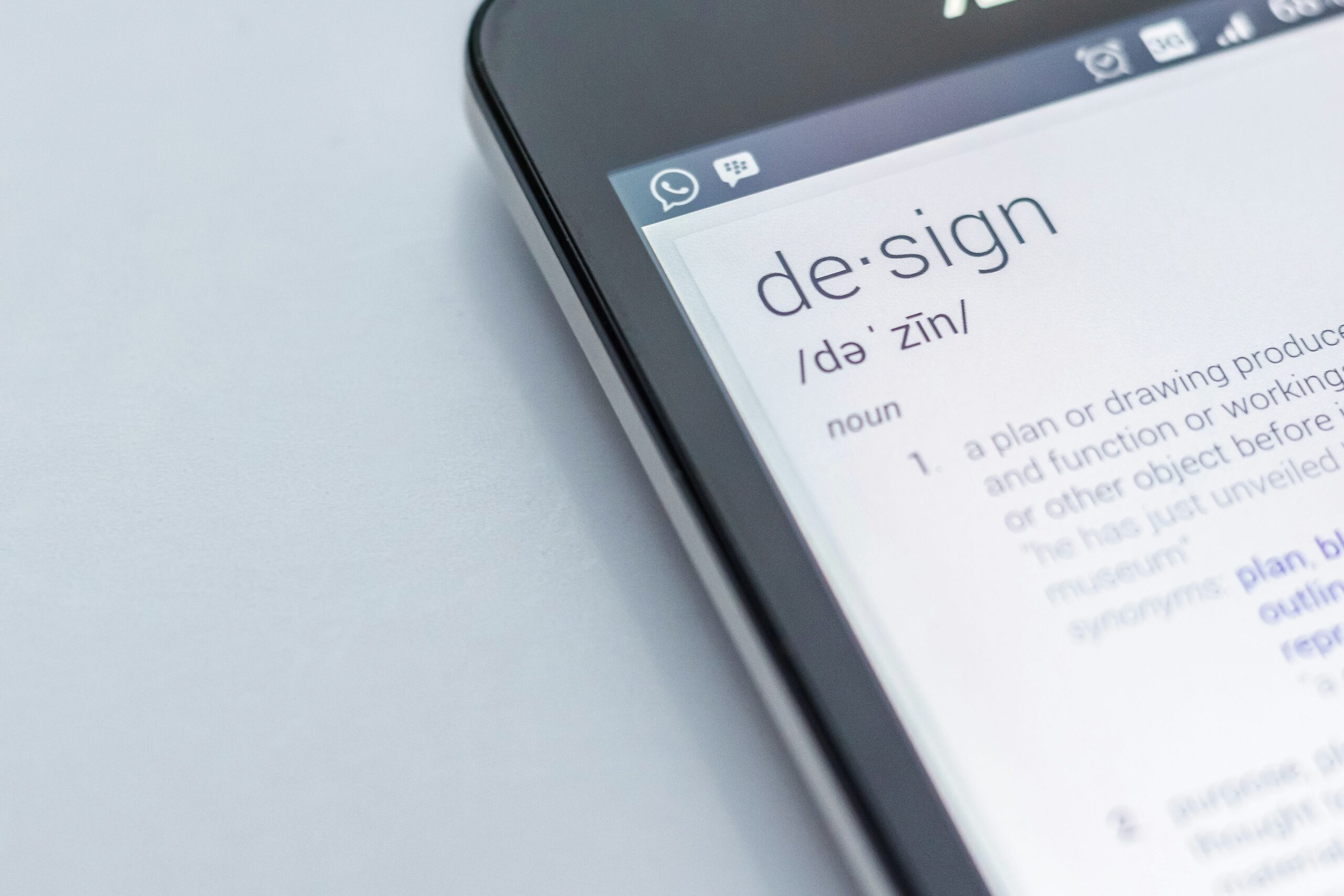Parts of Speech:
- Noun
- Noun (Figurative)
Situations in Which It Is Used:
- Expressing Romantic Love:
- Family or Platonic Love:
- Passion for a Hobby or Career:
Example Sentences:
- Walay makalupig sa akong gugma alang sa akong mga anak.
(Nothing can surpass my love for my children.) - Ang gugma magahatag og kahayag bisan sa pinakalibog nga panahon.
(Love brings light even in the most confusing times.) - Nagpadayon siya sa iyang trabaho tungod sa iyang gugma sa engineering.
(He continued his work because of his love for engineering.) - Ang gugma dili lamang makita sa mga pulong kundi sa mga buhat.
(Love is not only seen in words but also in actions.)
Short Dialogue:
Characters: Leah and Mark
Leah: Unsa man ang imong gipasabot sa gugma?
(What do you mean by love?)
Mark: Ang tinuod nga gugma makita sa imong pasensya ug sakripisyo alang sa uban.
(True love is seen in your patience and sacrifices for others.)
Leah: Sakto ka, Mark. Ang gugma sa pamilya mao gyud ang pinakakusog.
(You’re right, Mark. The love of family is indeed the strongest.)
Mark: Mao gyud, ug kana mao ang nagahatag og kahayag sa akong kinabuhi.
(That’s true, and that’s what gives light to my life.)
Alternative Expressions for “Gugma”:
- Pagpalangga – “Affection, endearment” (often used in family settings)
- Higugma – “To love” (verb form of love)
- Example: Higugmaon tika hangtod sa kahangturan.
(I will love you forever.)
- Example: Higugmaon tika hangtod sa kahangturan.
- Pagkahigugma – “State of being in love”
- Example: Ang pagkahigugma mao ang pinakasulodnong pagbati.
(Being in love is the most profound emotion.)
- Example: Ang pagkahigugma mao ang pinakasulodnong pagbati.


Comment